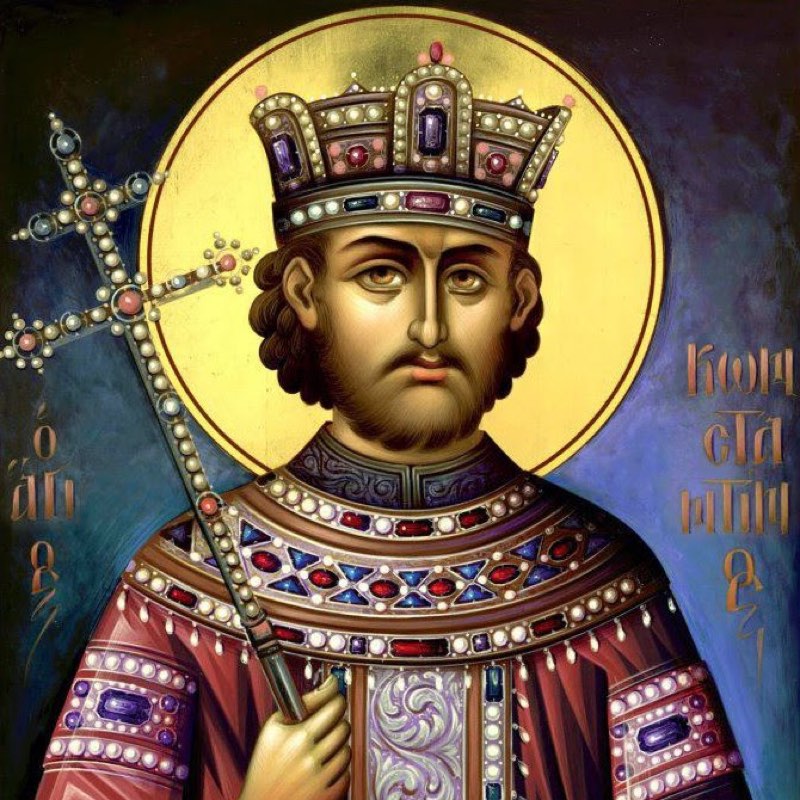Does Islam represent the concept of "the Kingdom of God" as taught by Jesus and John the Baptist?
Did Jesus and John the Baptist announce the coming of the kingdom of God?
Yes, both Jesus and John the Baptist announced the coming of the Kingdom of God. John the Baptist's ministry focused on repentance and emphasized the nearness of the Kingdom. John's message in the Gospels urges individuals to repent and return to God, preparing for the arrival of the Messiah, referred to as the "son of man" in Jesus' parables, who will establish the Kingdom.
Jesus continued this theme in His ministry, often speaking about the Kingdom of God in His teachings. He used parables, miracles, and sermons to explain the nature of this Kingdom, addressing its spiritual dimensions and moral implications.
Did Jesus equate the kingdom with the religion of Christianity?
No, Jesus did not explicitly equate the Kingdom of God with what later became known as Christianity. The term "Christianity" was not used during His lifetime; the followers of Jesus were initially seen as a Jewish sect.
In summary, Jesus and John the Baptist announced the coming of the Kingdom of God, but Jesus did not equate this Kingdom directly with the religion that later emerged as Christianity.
It is thought that Christianity originated as an apocalyptic group within Judaism, with Jesus proclaiming the arrival of the son of man and his Kingdom as described in the Book of Daniel. Islamic scholars believe that this apocalyptic figure, son of man, is none other than Muhammad who established Islam in the land where God promised to Abraham in Genesis 15, verse 18. Islam is regarded as the kingdom of God preached by Jesus. How is their argument articulated?
The argument by some Islamic scholars that the apocalyptic figure referred to by Jesus is Muhammad, and that Islam is the kingdom of God as preached by Jesus, is based on a reinterpretation of certain Biblical and Qur'anic texts. Here's how the argument is articulated:
1. Jesus and the Son of Man:
In Christian eschatology, the "Son of Man" is an apocalyptic figure described in the Book of Daniel and in the Gospels. Jesus speaks of the coming of the "Son of Man" who will establish God's kingdom.
Islamic scholars who subscribe to this interpretation propose that the "Son of Man" could be a symbolic reference to Muhammad, who they argue, fulfilled this prophecy by establishing Islam from the River of Egypt to the Euphrates River including the Arabian Peninsula, a land promised to Abraham's descendants.
2. The Kingdom of God:
In Christian theology, the "Kingdom of God" or "Kingdom of Heaven" is often understood as a spiritual realm where God reigns supreme, and which will be fully realized in the eschatological future.
Islamic scholars who support this view argue that Jesus' references to the coming "Kingdom of God" were not about a spiritual kingdom, but a prophetic kingdom established on earth. They interpret this kingdom as the Islamic state that Muhammad established in Medina and later expanded throughout Arabia and beyond.
3. The Covenant and the Land Promise:
In Genesis 15, verse 18, God promises Abraham's descendants a specific land. Jewish and Christian interpretations traditionally see this as a promise fulfilled in the biblical history of Israel.
However, some Islamic scholars reinterpret this promise in the context of Islam, suggesting that the true fulfillment of God's covenant and the promised land is seen in the establishment of Islam from the River of Egypt to the Euphrates River, a promise made to Ishmael instead of Isaac. They argue that Islam, as the final and complete religion, fulfills this covenant.
4. Prophecies and Islamic Tradition:
Islamic tradition holds that Muhammad is the "Seal of the Prophets," completing the line of prophets that includes Abraham, Moses, and Jesus. Some scholars interpret Jesus’ statements about a future prophet (like the "Comforter" in John 14, verses 16 to 17) as references to Muhammad.
They argue that Jesus was predicting Muhammad’s arrival, and that the establishment of Islam represents the realization of the kingdom Jesus spoke of.
5. Theological Implications:
This argument hinges on the belief that Islam is the final and most complete form of the Abrahamic faith, and that previous scriptures (Torah, Psalms, Gospels) were either incomplete or have been altered over time. The Qur’an is seen as the final, unaltered word of God, and Muhammad as the last prophet who brings the ultimate message.
In summary, the argument is built on a re-interpretation of Jesus' teachings and the apocalyptic expectations found in the New Testament, suggesting that these were actually referring to the coming of Muhammad as a “son of man”and the establishment of Islam, which they view as the true "Kingdom of God."

